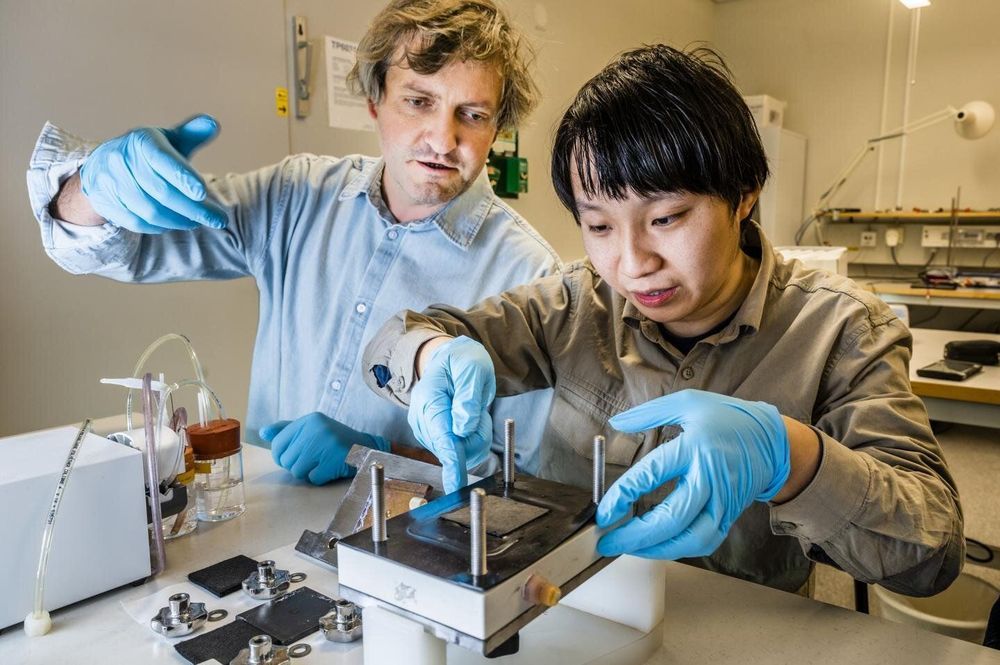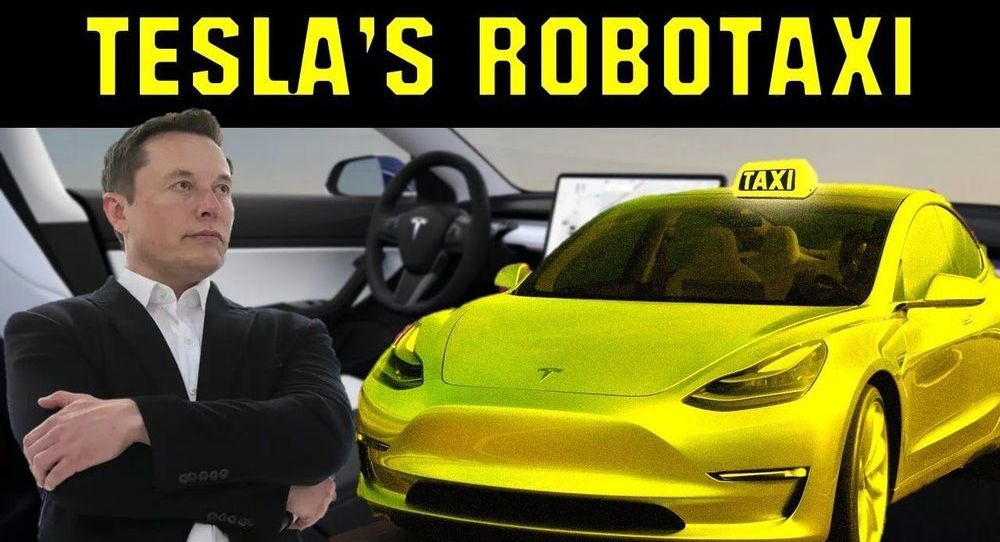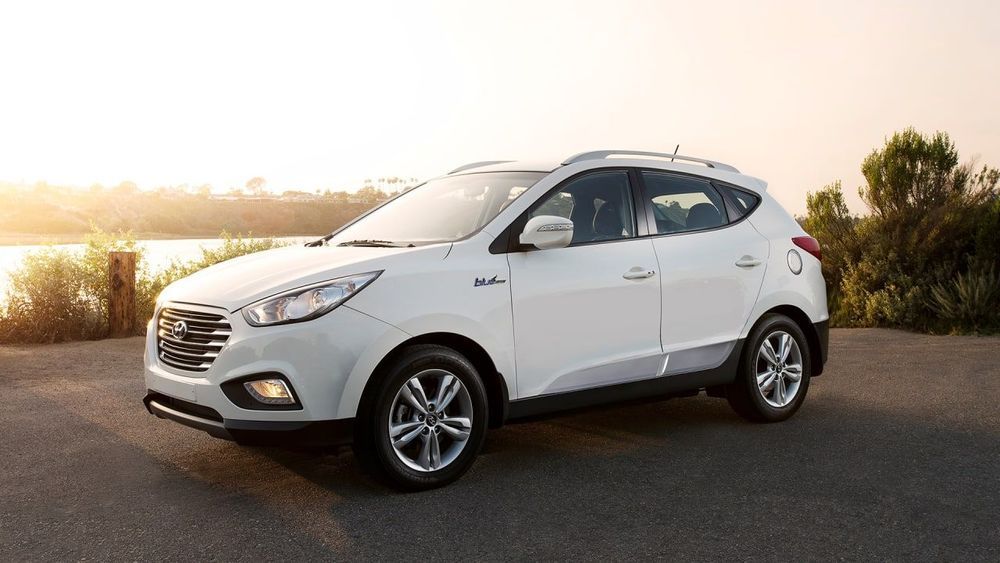Oct 15, 2020
Cars Will Soon Be Able to Sense and React to Your Emotions
Posted by Kelvin Dafiaghor in categories: education, media & arts, robotics/AI, transportation
Except someone—or, rather, something— can hear: your car. Hearing your angry words, aggressive tone, and raised voice, and seeing your furrowed brow, the onboard computer goes into “soothe” mode, as it’s been programmed to do when it detects that you’re angry. It plays relaxing music at just the right volume, releases a puff of light lavender-scented essential oil, and maybe even says some meditative quotes to calm you down.
What do you think—creepy? Helpful? Awesome? Weird? Would you actually calm down, or get even more angry that a car is telling you what to do?
Continue reading “Cars Will Soon Be Able to Sense and React to Your Emotions” »


















